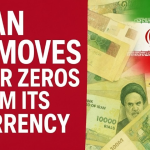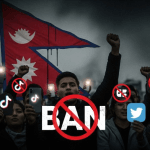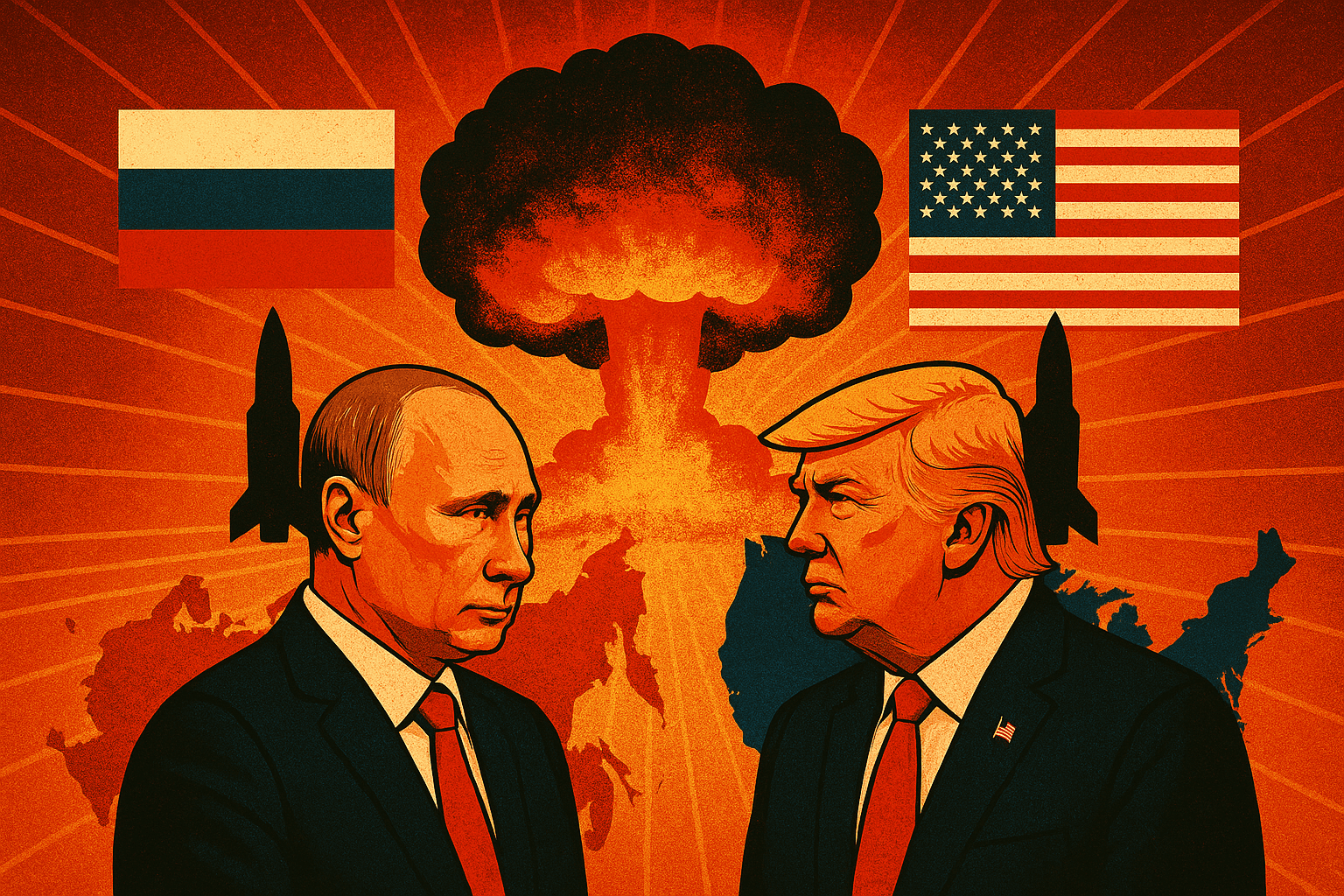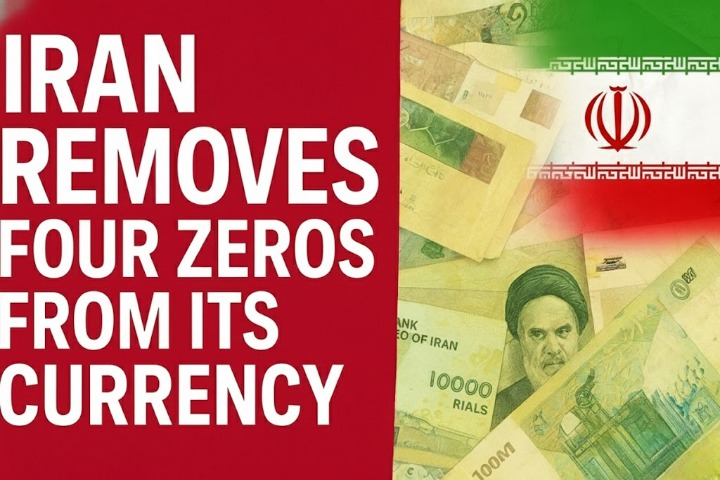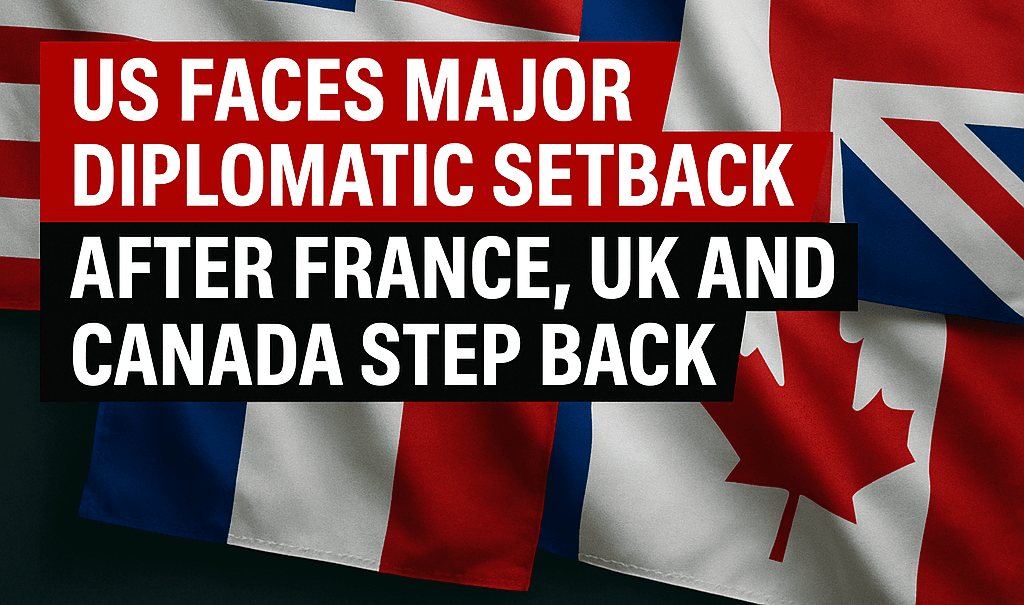In a Landmark Move, Russia Ends Decades-Old Nuclear Agreement
In a major geopolitical shift, Russia has officially withdrawn from a key Cold War-era nuclear treaty that helped maintain global arms control for nearly four decades. The decision, announced on August 4, 2025, marks the end of Russia’s participation in the Intermediate-Range Nuclear Forces (INF) Treaty, originally signed in 1987 between the United States and the Soviet Union.
The INF Treaty was a cornerstone agreement that banned land-based ballistic and cruise missiles with ranges between 500 and 5,500 kilometers, significantly reducing the risk of nuclear conflict in Europe and other regions.
Why Did Russia Withdraw?
According to Russian officials, the decision stems from the growing presence of U.S. missile systems in Europe and Asia-Pacific regions, which Moscow now considers a “direct military threat.” Russian defense authorities stated that continued adherence to the treaty was no longer in Russia’s national interest due to Western nations allegedly violating its terms in spirit, if not by letter.
This move comes at a time of escalating tensions between the United States and Russia over various issues ranging from NATO expansion, cyber warfare, military build-up, and nuclear deterrence.
A Step Toward a New Arms Race?
Russia’s exit from the INF Treaty raises serious concerns about the possibility of a new nuclear arms race. With only one major treaty—New START (Strategic Arms Reduction Treaty)—still in effect (set to expire in February 2026), the world faces a future with little to no legally binding restrictions on the deployment of nuclear weapons.
Defense analysts warn that this could lead to:
Re-deployment of intermediate-range missiles in Europe and Asia.
Heightened risk of miscalculation or accidental conflict.
A rollback of decades of nuclear disarmament progress.
The United States had already withdrawn from the INF Treaty in 2019 under the Trump administration, accusing Russia of repeated violations. However, Russia continued to observe self-imposed limits until now.
What This Means for Global Security
The implications of this move are profound:
Europe may become a nuclear flashpoint again, as it did during the height of the Cold War.
NATO allies may feel compelled to enhance their missile defense systems.
Asia-Pacific nations could be drawn into a regional arms build-up.
Diplomatic tensions between nuclear powers could worsen significantly, especially with the upcoming U.S. presidential elections and global power shifts.
Final Thoughts: Are We Headed Back to the Cold War?
Russia’s withdrawal from the INF Treaty is not just a political maneuver — it’s a strategic realignment with far-reaching consequences. The era of arms control agreements that defined much of the post-Cold War world appears to be unraveling.
It remains to be seen how the international community, particularly the United States and NATO, will respond. One thing is clear: the world is entering a new and uncertain phase of military and nuclear diplomacy.
